Music can help learners improve their skills.
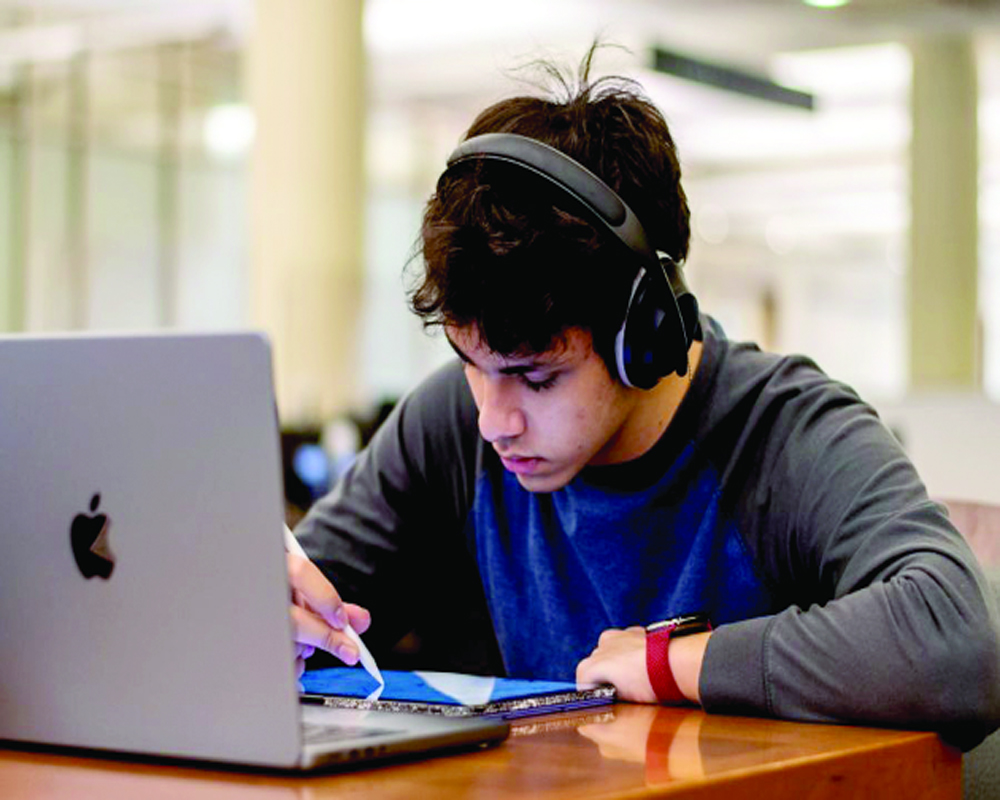
Here are several ways in which music can benefit students:
Cognitive development:
Learning to play a musical instrument or engaging in music theory can improve cognitive skills, including memory, problem-solving, and critical thinking. It requires the brain to process complex auditory information, which can have a positive impact on various cognitive functions.
Emotional expression and regulation:
Music provides a powerful means of emotional expression. Students can use music to express their emotions, which can be particularly beneficial for those who may find it challenging to communicate their feelings through words. Additionally, listening to music can help regulate emotions and reduce stress and anxiety.
Discipline and time management:
Learning to play an instrument or participating in music ensembles often requires discipline and time management. Students must practice regularly, set goals, and manage their time effectively to improve their musical skills. These skills can be transferred to other areas of their lives.
Teamwork and collaboration:
Many musical activities, such as playing in a band or singing in a choir, involve collaboration and teamwork. Students learn to work together, communicate effectively, and coordinate their efforts to produce harmonious music. These skills are valuable in various aspects of life.
Confidence and self-esteem:
As students develop their musical abilities and perform in front of others, they gain confidence and self-esteem. The positive feedback and sense of accomplishment from mastering an instrument or performing well can boost their self-confidence.
Cultural and historical awareness:
Music is a universal language that reflects the culture and history of different societies. Studying music can help students gain a deeper understanding of diverse cultures, traditions, and historical events.
Improved listening skills:
Music requires active listening and the ability to discern nuances in sound. Developing these listening skills can improve students' ability to focus and pay attention, which can be advantageous in their academic studies.
Math and spatial skills:
Music is inherently mathematical, involving concepts like rhythm, tempo, and patterns. Learning music can improve a student's mathematical and spatial reasoning skills.
Creativity and innovation:
Music encourages creativity and allows students to explore their artistic and imaginative sides. This creative thinking can be applied to problem-solving and innovation in various fields.
Multisensory learning:
Music engages multiple senses simultaneously, including auditory, visual (reading sheet music), and motor skills (playing an instrument). This multisensory experience can enhance overall learning abilities.
Incorporating music into the educational curriculum can be a valuable way to promote holistic development in students. Whether through formal music classes, extracurricular activities, or simply listening to music, music's role in education goes beyond the art form itself, extending into a wide range of skills and attributes that can benefit students throughout their lives.
Click here for more detail info

Categories
- Artificial Intelligence 4
- Python
- Autocad 1
- News & Events 11
- Tally 1
- Java 1
- Advanced python 1
- Core Python 1
- Digital Marketing 4
- core Java 1
- Cyber Security
- Data Science 2
- AWS 5
- Python 1
- Azure 3
- Microsoft Office 2
- Data Structures & Algorithms 1
- Cyber Security 2
- C Programming 3
- Miscrosoft Office 5
- Blockchain 2
- Adobe Photoshop 4
- Cruise Ship 1
- Summer VacationCourses 1
Trending Posts
-
 What is the significance of digital marketing to building a brand?
06-04-2023
What is the significance of digital marketing to building a brand?
06-04-2023
-
 The Power of generative adversarial networks (GANs)
11-10-2023
The Power of generative adversarial networks (GANs)
11-10-2023
-
 Difference between Manual vs Computerized Accounts
26-10-2023
Difference between Manual vs Computerized Accounts
26-10-2023
-
 Concept of Object-Oriented Programming in java with Examples - oops
26-10-2023
Concept of Object-Oriented Programming in java with Examples - oops
26-10-2023
-
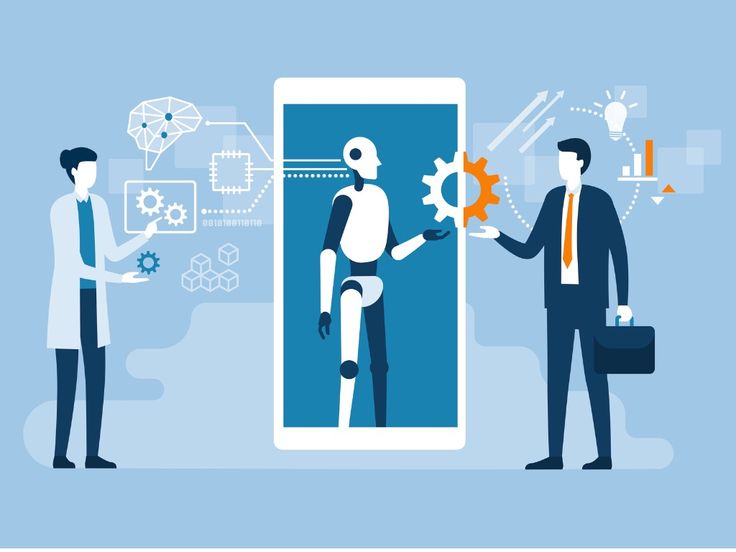 Importance of Data Visualization in Data Science
27-10-2023
Importance of Data Visualization in Data Science
27-10-2023
-
 Introduction to Exception handling in java and types of Exceptions
01-11-2023
Introduction to Exception handling in java and types of Exceptions
01-11-2023
-
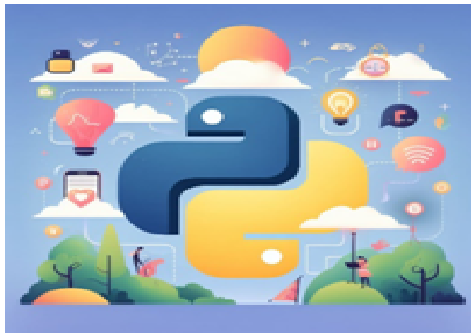 Difference between Packages and Modules in python
01-11-2023
Difference between Packages and Modules in python
01-11-2023
-
 Workers in India need to be upskilled, reskilled in AI, automation
02-11-2023
Workers in India need to be upskilled, reskilled in AI, automation
02-11-2023
-
 Challenges in equipping job seekers with skills
02-11-2023
Challenges in equipping job seekers with skills
02-11-2023
-
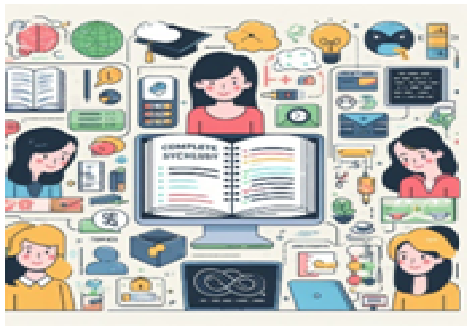 Control Structures in Python with examples. Condition Statements, loop and Control Flow Statements
04-11-2023
Control Structures in Python with examples. Condition Statements, loop and Control Flow Statements
04-11-2023
-
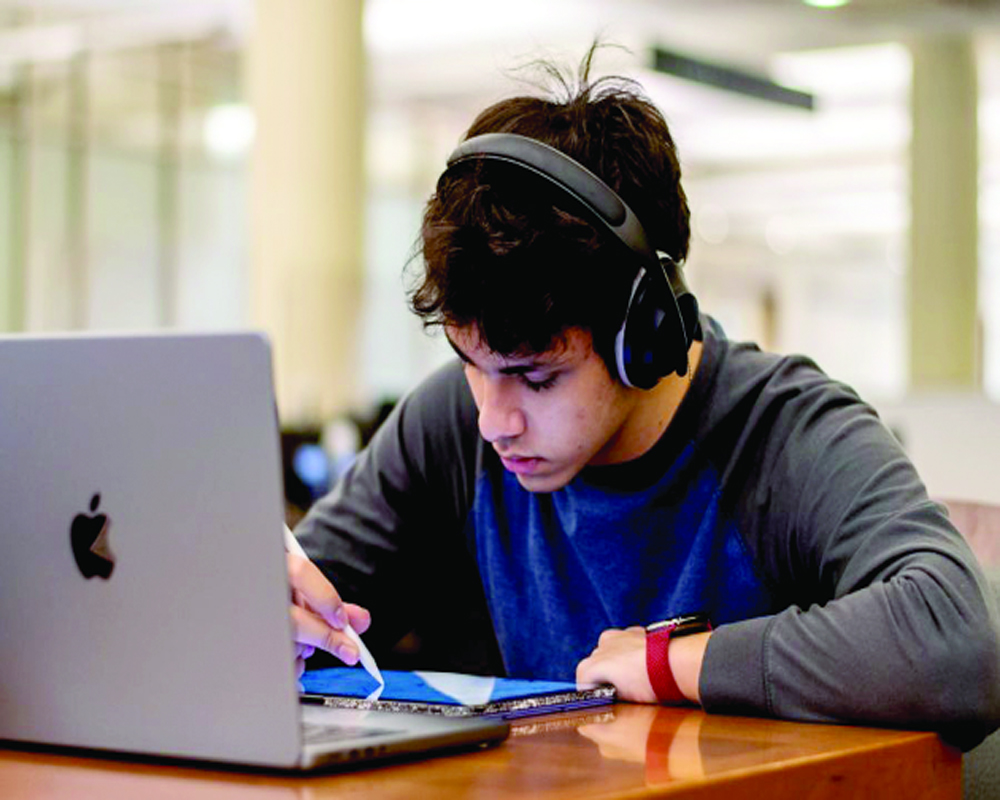 Music can help learners improve their skills.
08-11-2023
Music can help learners improve their skills.
08-11-2023
-
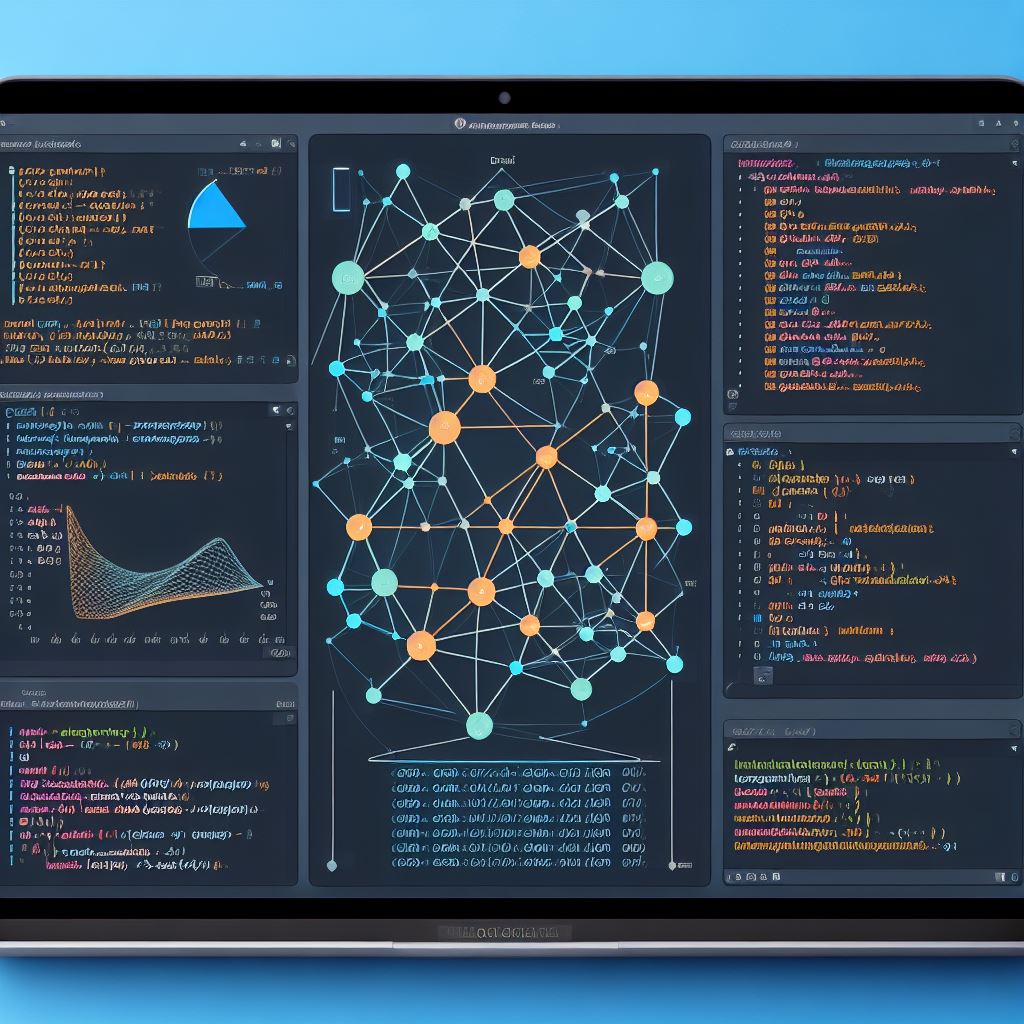 Data Structures And Algorithms In Python - Basic To Advanced Level
18-11-2023
Data Structures And Algorithms In Python - Basic To Advanced Level
18-11-2023
-
 An Introduction to nlp Natural Language Processing
22-11-2023
An Introduction to nlp Natural Language Processing
22-11-2023
-
 internship for computer science students
23-11-2023
internship for computer science students
23-11-2023
-
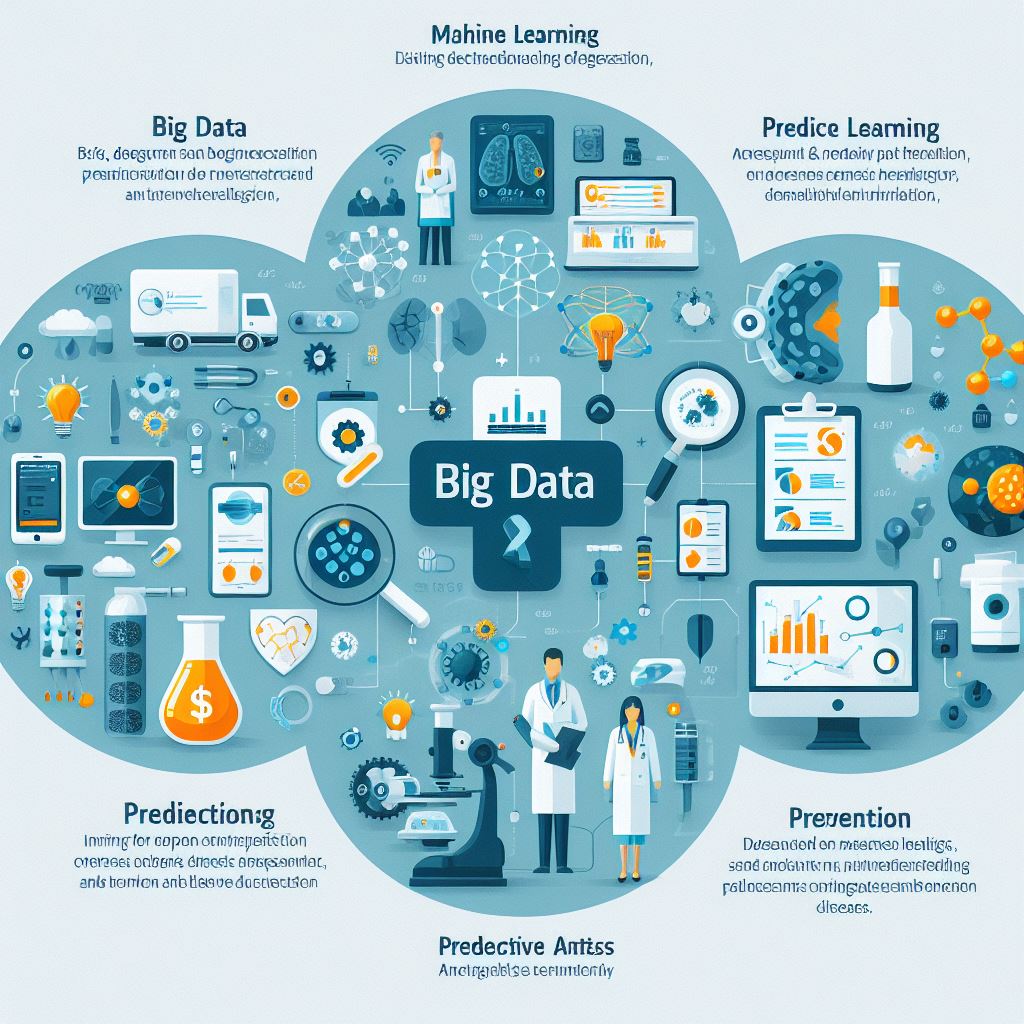 The Impact of Predictive Analytics in Healthcare
30-11-2023
The Impact of Predictive Analytics in Healthcare
30-11-2023
-
 Guidelines for Protecting Removable Media
02-12-2023
Guidelines for Protecting Removable Media
02-12-2023
-
 What are Social Engineering Attacks? Common Techniques Used in Social Engineering Attacks
04-12-2023
What are Social Engineering Attacks? Common Techniques Used in Social Engineering Attacks
04-12-2023
-
 Importance of Search Engine Optimization and its Techniques
06-12-2023
Importance of Search Engine Optimization and its Techniques
06-12-2023
-
 Understanding AWS Buckets: The Essential Guide to Cloud Storage
11-12-2023
Understanding AWS Buckets: The Essential Guide to Cloud Storage
11-12-2023
-
 What is sem marketing? search engine marketing
12-12-2023
What is sem marketing? search engine marketing
12-12-2023
-
 What is SMM in Digital Marketing? Social Media Marketing
13-12-2023
What is SMM in Digital Marketing? Social Media Marketing
13-12-2023
-
 A Comprehensive Guide to Ensuring Security with Amazon EC2
15-12-2023
A Comprehensive Guide to Ensuring Security with Amazon EC2
15-12-2023
-
 Understanding Azure Storage Services - A Comprehensive Overview
19-12-2023
Understanding Azure Storage Services - A Comprehensive Overview
19-12-2023
-
 Mastering Azure App Services - Ultimate Toolkit for Success in Your Azure Course in Vizag
21-12-2023
Mastering Azure App Services - Ultimate Toolkit for Success in Your Azure Course in Vizag
21-12-2023
-
 An In-depth Exploration of Arrays in C
27-12-2023
An In-depth Exploration of Arrays in C
27-12-2023
-
 A Journey into AI Projects and Their Transformative Influence on the Contemporary World
27-12-2023
A Journey into AI Projects and Their Transformative Influence on the Contemporary World
27-12-2023
-
 Facebook Ads Webinar
27-12-2023
Facebook Ads Webinar
27-12-2023
-
 pricing models, cost efficiency and resource optimization techniques of Azure App Services
28-12-2023
pricing models, cost efficiency and resource optimization techniques of Azure App Services
28-12-2023
-
 Navigating the Cloud - An In-Depth Amazon VPC Overview
29-12-2023
Navigating the Cloud - An In-Depth Amazon VPC Overview
29-12-2023
-
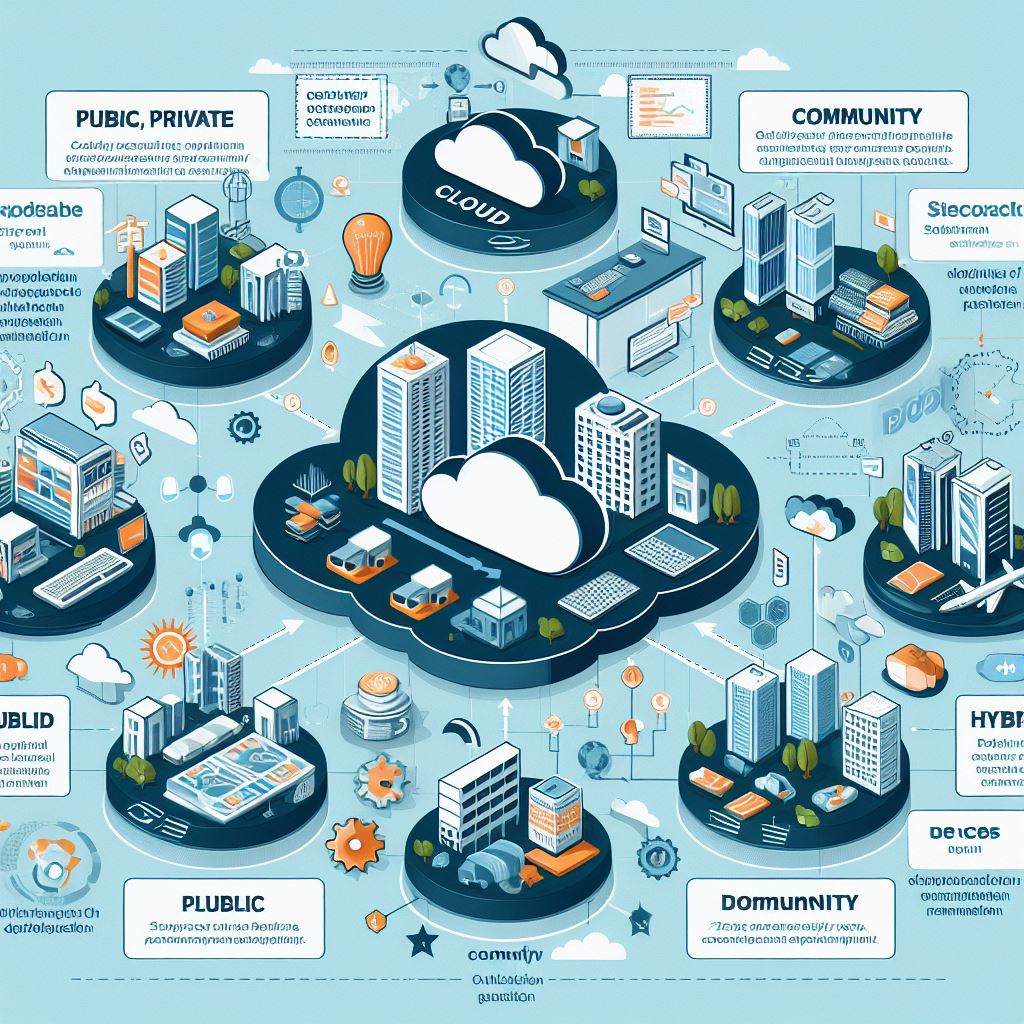 Demystifying Cloud Deployment Models: Choosing the Right Strategy for Your Business
30-12-2023
Demystifying Cloud Deployment Models: Choosing the Right Strategy for Your Business
30-12-2023
-
 A Comprehensive Guide to Basic Excel Formulas
01-01-2024
A Comprehensive Guide to Basic Excel Formulas
01-01-2024
-
 Unleashing the Power of Excel Search Functions Stream Data Analysis
02-01-2024
Unleashing the Power of Excel Search Functions Stream Data Analysis
02-01-2024
-
 Mastering Validations in Microsoft Excel: A Comprehensive Guide
03-01-2024
Mastering Validations in Microsoft Excel: A Comprehensive Guide
03-01-2024
-
 Mastering Structures in C: Understanding, Implementation, and Best Practices
04-01-2024
Mastering Structures in C: Understanding, Implementation, and Best Practices
04-01-2024
-
 C Union and benefits of using C unions in programming
05-01-2024
C Union and benefits of using C unions in programming
05-01-2024
-
 What are Microsoft Word Macros and How to Use Them?
08-01-2024
What are Microsoft Word Macros and How to Use Them?
08-01-2024
-
 Making Your Document Look Professional in ms word - Page Layout, Margins, Orientation and Size
10-01-2024
Making Your Document Look Professional in ms word - Page Layout, Margins, Orientation and Size
10-01-2024
-
 The Rise of blockchain Projects: Unveiling the Innovations of Shaping Digital Landscape
11-01-2024
The Rise of blockchain Projects: Unveiling the Innovations of Shaping Digital Landscape
11-01-2024
-
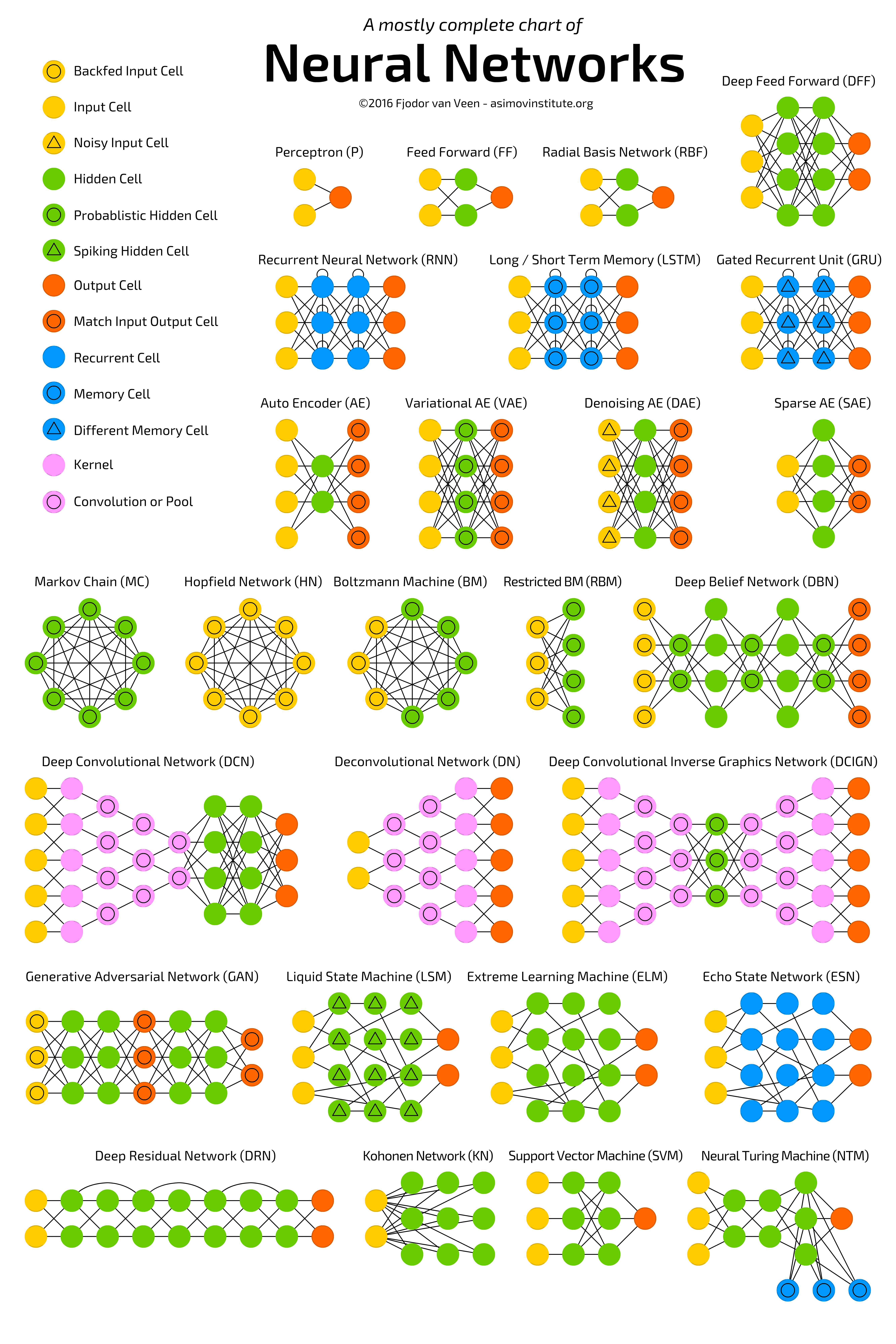 Comprehensive Guide of Neural Network Architectures
11-01-2024
Comprehensive Guide of Neural Network Architectures
11-01-2024
-
 The Future is Here: How Blockchain Technology is Reshaping Industries and Redefining Trust
12-01-2024
The Future is Here: How Blockchain Technology is Reshaping Industries and Redefining Trust
12-01-2024
-
 powerpoint presentation-Page Transitions: Enhancing Navigation and User Experience
17-01-2024
powerpoint presentation-Page Transitions: Enhancing Navigation and User Experience
17-01-2024
-
 Exploring the Power of Multimedia in PowerPoint Presentations
18-01-2024
Exploring the Power of Multimedia in PowerPoint Presentations
18-01-2024
-
 Mastering Photoshop Layers: A Comprehensive Guide to Professional Results
19-01-2024
Mastering Photoshop Layers: A Comprehensive Guide to Professional Results
19-01-2024
-
 Enhance Your Photoshop Skills with Expert Selection Techniques
20-01-2024
Enhance Your Photoshop Skills with Expert Selection Techniques
20-01-2024
-
 Life and Work on a Cruise Ship - What to Expect?
22-01-2024
Life and Work on a Cruise Ship - What to Expect?
22-01-2024
-
 Mastering Photoshop Masks: A Step-by-Step Guide to Enhance Your Photo Editing Skills
23-01-2024
Mastering Photoshop Masks: A Step-by-Step Guide to Enhance Your Photo Editing Skills
23-01-2024
-
 Enhance Your Digital Artistry with the Top Photoshop Brushes for Every Style and Project
27-01-2024
Enhance Your Digital Artistry with the Top Photoshop Brushes for Every Style and Project
27-01-2024
-
 The reason behind the success of Milan 2024
26-02-2024
The reason behind the success of Milan 2024
26-02-2024
-
 Visakhapatnam is witnessing comprehensive growth across all sectors!
06-03-2024
Visakhapatnam is witnessing comprehensive growth across all sectors!
06-03-2024
-
 Vizag's Journey Towards Becoming a Global IT Destination
12-03-2024
Vizag's Journey Towards Becoming a Global IT Destination
12-03-2024
-
 the best software courses after the 10th/Intermediate exams for Students
02-04-2024
the best software courses after the 10th/Intermediate exams for Students
02-04-2024
-
 2024's Tech Frontier: A Deep Dive into Software Development Trends
16-04-2024
2024's Tech Frontier: A Deep Dive into Software Development Trends
16-04-2024
-
 4 Important benefits for Continuous Learning in Tech
07-05-2024
4 Important benefits for Continuous Learning in Tech
07-05-2024
-
 A Beginner's Guide to AWS, Azure, and Google Cloud Platform
14-05-2024
A Beginner's Guide to AWS, Azure, and Google Cloud Platform
14-05-2024
-
 Why Full Stack Python is a Must-Learn Skill for Aspiring Developers?
12-09-2024
Why Full Stack Python is a Must-Learn Skill for Aspiring Developers?
12-09-2024
-
 What’s Next? The Future of Asteroid Tracking with IT
16-09-2024
What’s Next? The Future of Asteroid Tracking with IT
16-09-2024
-
 Learn AutoCAD 2D Mechanical Drawing with Our Comprehensive CAD Software Course
19-09-2024
Learn AutoCAD 2D Mechanical Drawing with Our Comprehensive CAD Software Course
19-09-2024